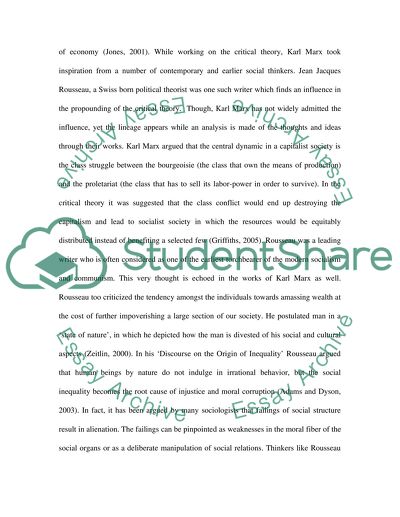Cite this document
(“Rousseau's Influence on the Critical Theory of Karl Marx Essay”, n.d.)
Retrieved from https://studentshare.org/miscellaneous/1504546-rousseaus-influence-on-the-critical-theory-of-karl-marx
Retrieved from https://studentshare.org/miscellaneous/1504546-rousseaus-influence-on-the-critical-theory-of-karl-marx
(Rousseau'S Influence on the Critical Theory of Karl Marx Essay)
https://studentshare.org/miscellaneous/1504546-rousseaus-influence-on-the-critical-theory-of-karl-marx.
https://studentshare.org/miscellaneous/1504546-rousseaus-influence-on-the-critical-theory-of-karl-marx.
“Rousseau'S Influence on the Critical Theory of Karl Marx Essay”, n.d. https://studentshare.org/miscellaneous/1504546-rousseaus-influence-on-the-critical-theory-of-karl-marx.


